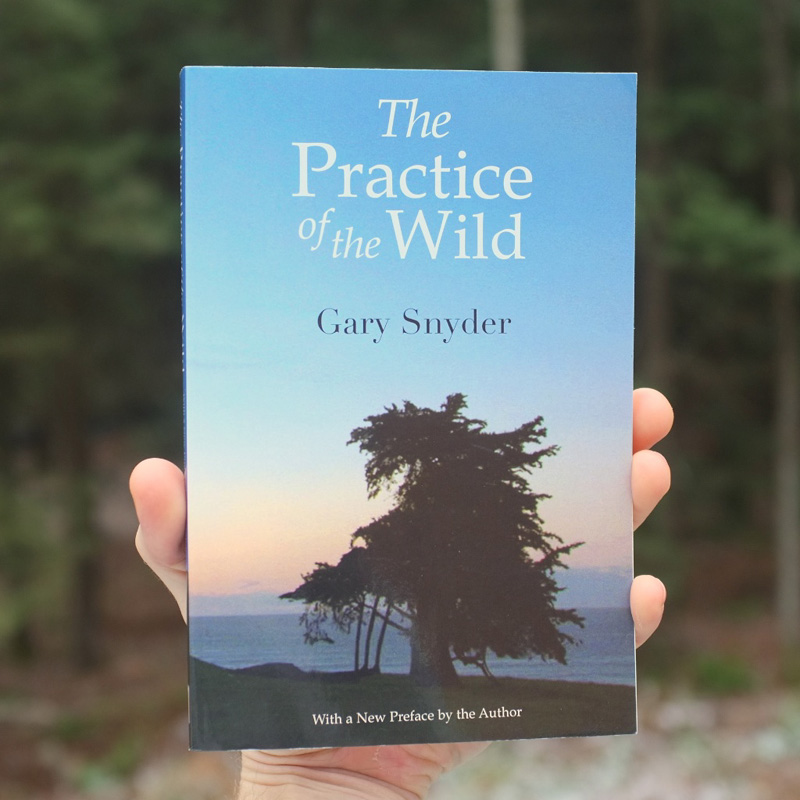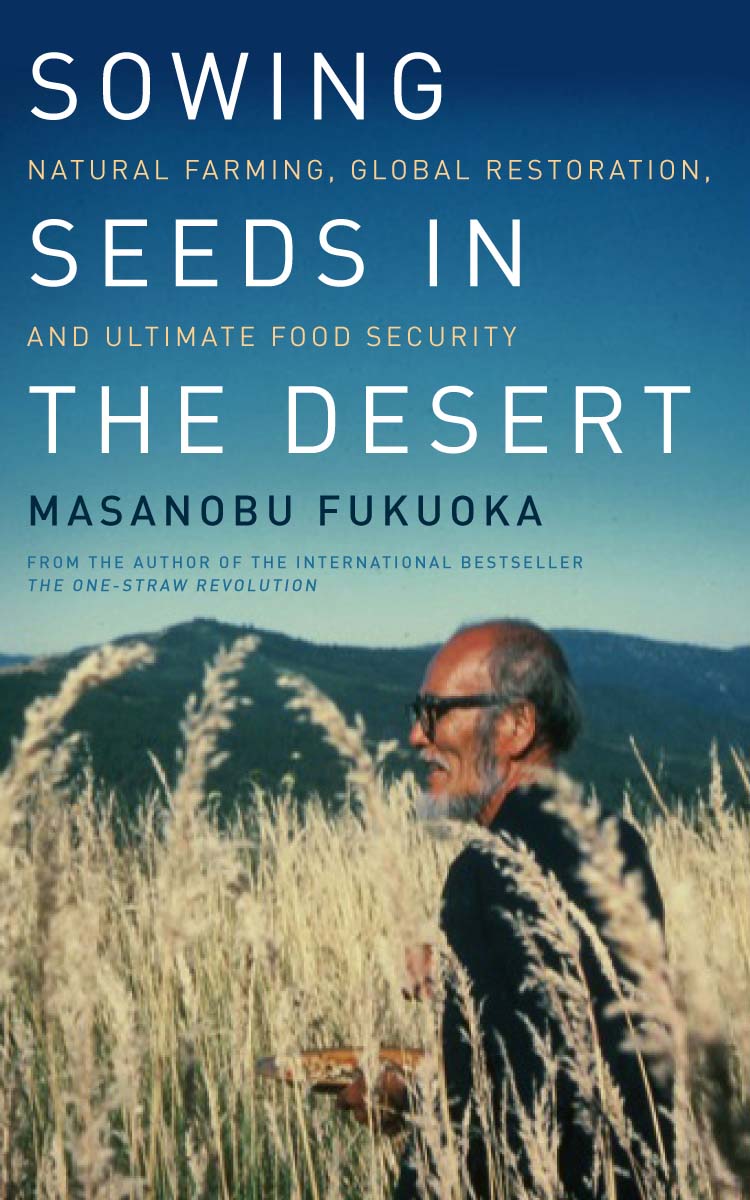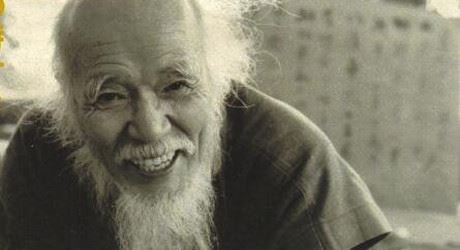ekologia
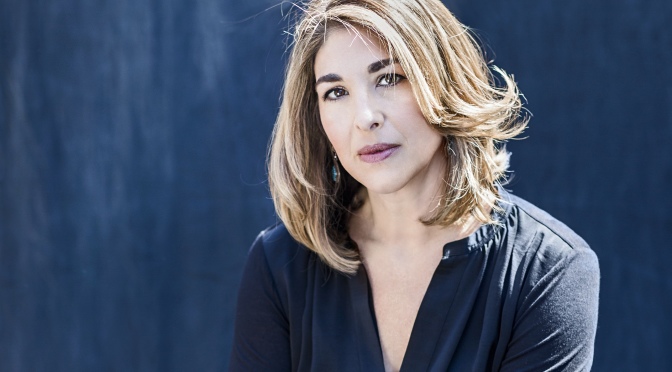
This Changes Everything Naomi Klein
“Most projections of climate change presume that future changes—greenhouse gas emissions, temperature increases and effects such as sea level rise—will happen incrementally. A given amount of emission will lead to a given amount of temperature increase that will lead to a given amount of smooth incremental sea level rise. However, the geological record for the climate reflects instances where a relatively small change in one element of climate led to abrupt changes in the system as a whole. In other words, pushing global temperatures past certain thresholds could trigger abrupt, unpredictable and potentially irreversible changes that have massively disruptive and large-scale impacts. At that point, even if we do not add any additional CO2 to the atmosphere, potentially unstoppable processes are set in motion. We can think of this as sudden climate brake and steering failure where the problem and its consequences are no longer something we can control.”
Report by the American Association for the Advancement of Science, the world’s largest general scientific society, 2014 1)↓
“I love that smell of the emissions.”
Sarah Palin, 2011 2)↓
“Coal, in truth, stands not beside but entirely above all other commodities. It is the material energy of the country—the universal aid—the factor in everything we do.”
William Stanley Jevons, economist, 1865 3)↓
“How sad to think that nature speaks and mankind doesn’t listen.”
Victor Hugo, 1840 4)↓
“Climate scientists agree: climate change is happening here and now. Based on well-established evidence, about 97 percent of climate scientists have concluded that human-caused climate change is happening. This agreement is documented not just by a single study, but by a converging stream of evidence over the past two decades from surveys of scientists, content analyses of peer-reviewed studies, and public statements issued by virtually every membership organization of experts in this field.”
Report by the American Association for the Advancement of Science, 2014 5)↓
“There is no way this can be done without fundamentally changing the American way of life, choking off economic development, and putting large segments of our economy out of business.”
Thomas J. Donohue, President of the U.S. Chamber of Commerce, on ambitious carbon reduction 6)↓
Czytaj dalej
| 1. | ↑ | Mario Malina et al., “What We Know: The Reality, Risks and Response to Climate Change,” AAAS Climate Science Panel, American Association for the Advancement of Science, 2014, pp. 15–16. |
| 2. | ↑ | “Sarah Palin Rolls Out at Rolling Thunder Motorcycle Ride,” Fox News, May 29, 2011. |
| 3. | ↑ | William Stanley Jevons, The Coal Question: An Inquiry Concerning the Progress of the Nation, and the Probable Exhaustion of Our Coal-Mines (London: Macmillan and Co., 1865), viii. |
| 4. | ↑ | Hugo’s original: “C’est une triste chose de songer que la nature parle et que le genre humain n’écoute pas.” Victor Hugo, Œuvres complètes de Victor Hugo, Vol. 35, ed. Jeanlouis Cornuz (Paris: Éditions Recontre, 1968), 145. |
| 5. | ↑ | Mario Malina et al., “What We Know: The Reality, Risks and Response to Climate Change,” AAAS Climate Science Panel, American Association for the Advancement of Science, 2014, p. 3. |
| 6. | ↑ | Thomas J. Donohue, “Managing a Changing Climate: Challenges and Opportunities for the Buckeye State, Remarks,” speech, Columbus, Ohio, May 1, 2008. |
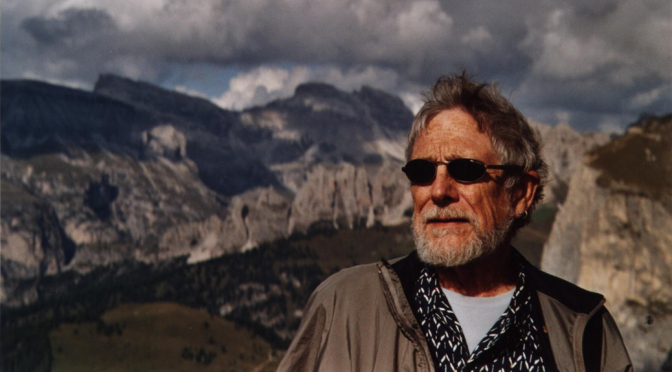
The Practice of the Wild Gary Snyder. excerpts from the first chapter: The Etiquette of Freedom
Creatures who have traveled with us through the ages are now apparently doomed, as their habitat—and the old, old habitat of humans—falls before the slow-motion explosion of expanding world economies. If the lad or lass is among us who knows where the secret heart of this Growth-Monster is hidden, let them please tell us where to shoot the arrow that will slow it down.
Instead of making the world safer for humankind, the foolish tinkering with the powers of life and death by the occidental scientist-engineer-ruler puts the whole planet on the brink of degradation.
To be truly free one must take on the basic conditions as they are—painful, impermanent, open, imperfect—and then be grateful for impermanence and the freedom it grants us.
Walking is the great adventure, the first meditation, a practice of heartiness and soul primary to humankind. Walking is the exact balance of spirit and humility.
The world is watching: one cannot walk through a meadow or forest without a ripple of report spreading out from one’s passage. The thrush darts back, the jay squalls, a beetle scuttles under the grasses, and the signal is passed along. Every creature knows when a hawk is cruising or a human strolling. The information passed through the system is intelligence.
Why should the peculiarities of human consciousness be the narrow standard by which other creatures are judged?
Great insights have come to some people only after they reached the point where they had nothing left. Alvar Nunez Cabeza de Vaca became unaccountably deepened after losing his way and spending several winter nights sleeping naked in a pit in the Texas desert under a north wind. He truly had reached the point where he had nothing. („To have nothing, you must have nothing!” Lord Buckley says of this moment.) After that he found himself able to heal sick native people he met on his way westward. His fame spread ahead of him. Once he had made his way back to Mexico and was again a civilized Spaniard he found he had lost his power of healing—not just the ability to heal, but the will to heal, which is the will to be whole: for as he said, there were „real doctors” in the city, and he began to doubt his powers. To resolve the dichotomy of the civilized and the wild, we must first resolve to be whole.

Chwasty Masanobu Fukuoka
Nie ma dobrego czy złego wśród gatunków żyjących na ziemi. Każdy ma swoje zadanie i rolę, wszystkie są konieczne i mają równą sobie wartość.
Ludziom wydaje się logiczne wybierać coś szczególnego spośród darów natury i używać tego z korzyścią, lecz takie działanie skażone jest dużym błędem. Obdarowywać wyjątkowym znaczeniem jeden element natury, w imię stworzenia czegoś ekonomicznie wartościowego (uprawy roślin dla zysku przykładowo), wynosi ten element ponad inne. Ludzi sadzą tylko „użyteczne” drzewa o dużej wartości pieniężnej, wycinają inne, karczują poszycie, i niszczą runo odnosząc się do tych tworzących je roślin jako do „chwastów”. W ten sposób wiele gatunków roślin ginie, nawet bezpowrotnie, a często to są właśnie rośliny jakie wzbogacają i utrzymują glebę w zdrowiu i żyzności.
Nie ma dobrego czy złego wśród gatunków żyjących na ziemi. Każdy ma swoje zadanie i rolę, każdy jest konieczny i ma równą wartość. Takie przekonanie może wydawać się nienaukowe i banalne, lecz to jest podstawa mojego planu odtworzenia i ratowania naturalnego krajobrazu na całym świecie.
Masanobu Fukuoka, Sawing Seeds in the Desert
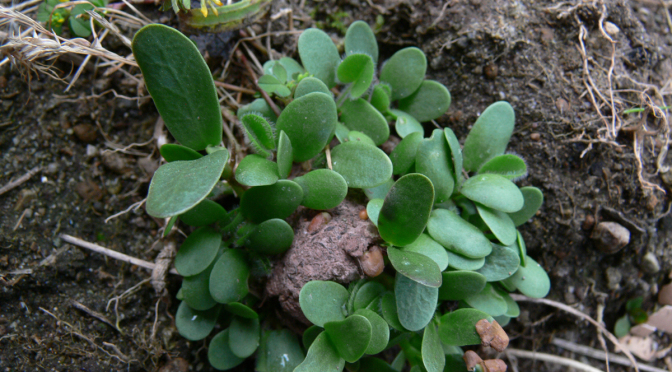
Sawing Seeds in the Desert Masanobu Fukuoka
Mr. Fukuoka gathered us together to discuss his philosophy. These sessions were difficult for me. Although I could speak Japanese fluently, I was more fluent in the everyday language we used around the farm. The philosophical and spiritual expressions he used during these discussions were impossible for me to understand. What made this even more frustrating was that Mr. Fukuoka told us over and over that the philosophy was everything, and the farming was merely an example of the philosophy. “If you do not understand the philosophy,” he said, “the rest becomes empty activity. Larry Korn
I simply emptied my mind and tried to absorb what I could from nature.
I spent many years of my youth foolishly searching for something I “should” have been doing. Instead, I should have entrusted everything to the flowers blooming in the meadow. Even if people do nothing at all, the grasses and trees and the songbirds will live on.
I look forward to the day when there is no need for sacred scriptures or sutras. The dragonfly will be the messiah.
No matter how much humans search for freedom from the fear of not knowing, in the end, they should just return to the reality of nature and live their lives in peace.
The ultimate goal of the Western philosophers, who are exploring the world of the individual self, and the religious people of the East, who are seeking the transcendent self, is to elucidate the original mind that mysteriously occurs as part of existence itself. It is only through nature that we can see this original mind.
Anyway, none of these ideas—life, death, spirit, the soul—escapes the framework of relative thought. They are nothing more than abstract notions built up of judgments and circular reasoning based on human thinking. People have created a world of ghosts called the hereafter. But no matter how much humans search for freedom from the fear of not knowing, in the end, they should just return to the reality of nature and live their lives in peace.
Transcendent time, or time as it exists in nature, is a continuous moment of the present. When one sees and operates within that time and space, it is the unity of all things that is perceived.
If you understand the spirit of a single flower, you understand everything. You understand that religion, philosophy, and science are one, and at the same time they are nothing at all.
Alan Watts: Man and Nature
Masanobu Fukuoka from "The One-Straw Revolution"
…humanity is ignorant, that there is nothing to strive for, and that whatever is done is wasted effort… There is no one so great as the one who does not try to accomplish anything.
To the extent that people separate themselves from nature, they spin out further and further from the center. At the same time, a centripetal effect asserts itself and the desire to return to nature arises. But if people merely become caught up in reacting, moving to the left or to the right, depending on conditions, the result is only more activity. The non-moving point of origin, which lies outside the realm of relativity, is passed over, unnoticed. I believe that even „returning-to-nature” and anti-pollution activities, no matter how commendable, are not moving toward a genuine solution if they are carried out solely in reaction to the overdevelopment of the present age.
Masanobu Fukuoka from „The One-Straw Revolution”

